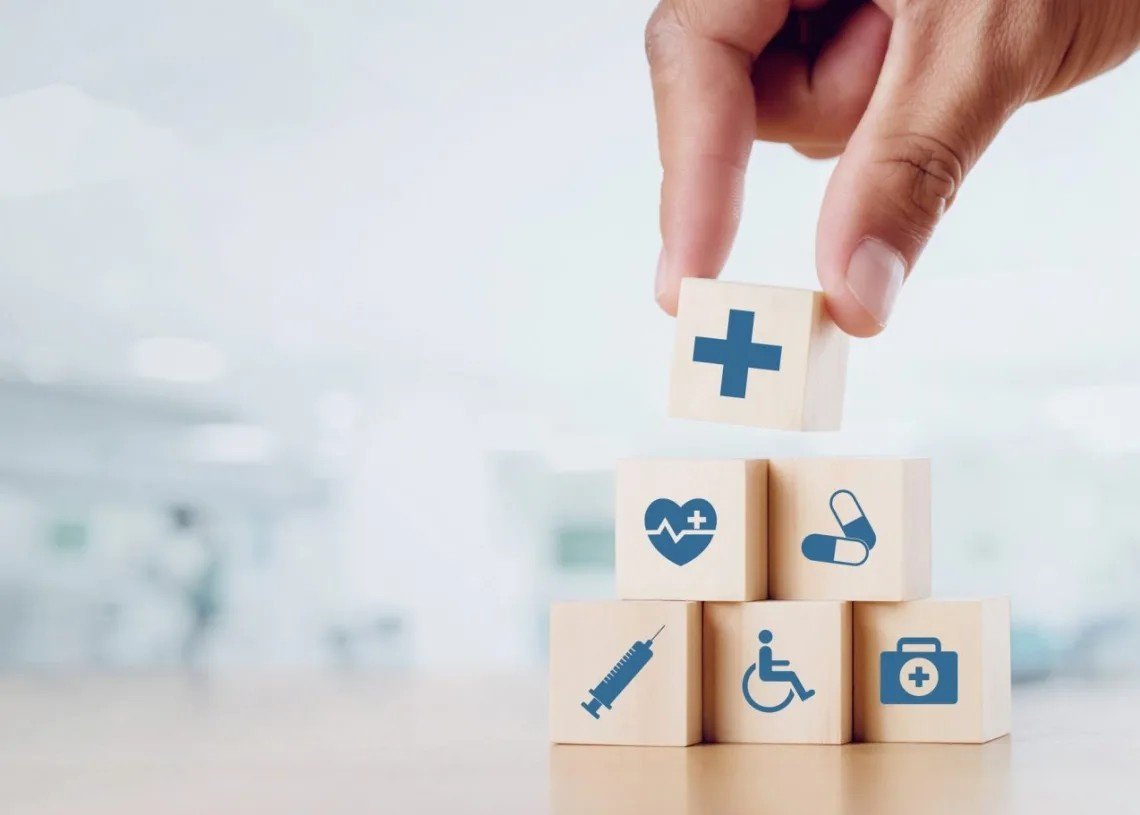Amman, Jordan — Abu Dhabi Health Data Services (ADHDS), part of M42 Group, has launched Jordan’s first Digital Health Center (virtual hospital) in partnership with G42’s Presight, the Jordanian Ministry of Health, and the Ministry of Digital Economy and Entrepreneurship. The initiative connects five remote hospitals to a central command center in Alsalt, transforming healthcare accessibility across the Kingdom.
This groundbreaking telehealth project introduces Tele-ICU, Tele-dialysis, and Tele-radiology services — dramatically cutting diagnostic turnaround times and expanding specialist access. Diagnostic imaging reports that once took 14 days are now completed in under two, while virtual nephrology services have increased patient coverage fivefold without the need for travel.
Through real-time data streaming and AI-powered triage, Tele-ICU enables specialists in Alsalt to monitor patients remotely, reducing hospital transfers and keeping families closer together.
Following the success of Phase 1, ADHDS has been selected to implement Phase 2, expanding the digital hospital network to seven additional facilities across Jordan. This milestone underscores the Kingdom’s leadership in digital healthcare transformation and its alignment with the Economic Modernization Vision.
“This project is a transformative step for Jordan’s healthcare sector — improving efficiency, ensuring access, and enhancing citizens’ quality of life,” said H.E. Eng. Sami Smeirat, Minister of Digital Economy and Entrepreneurship.
H.E. Dr. Ibrahim Al-Budour, Minister of Health, added: “The Jordan Digital Health Center ensures that every Jordanian can access high-quality care, anywhere and anytime.”
M42 CEO Kareem Shahin highlighted the initiative as a model for public-private collaboration, while Presight COO Dr. Adel AlSharji emphasized the role of AI and analytics in bringing critical care closer to underserved communities.
The Jordan Digital Health Center now stands as a regional benchmark for telehealth innovation, showcasing how advanced technology and cross-sector cooperation can redefine patient care.















